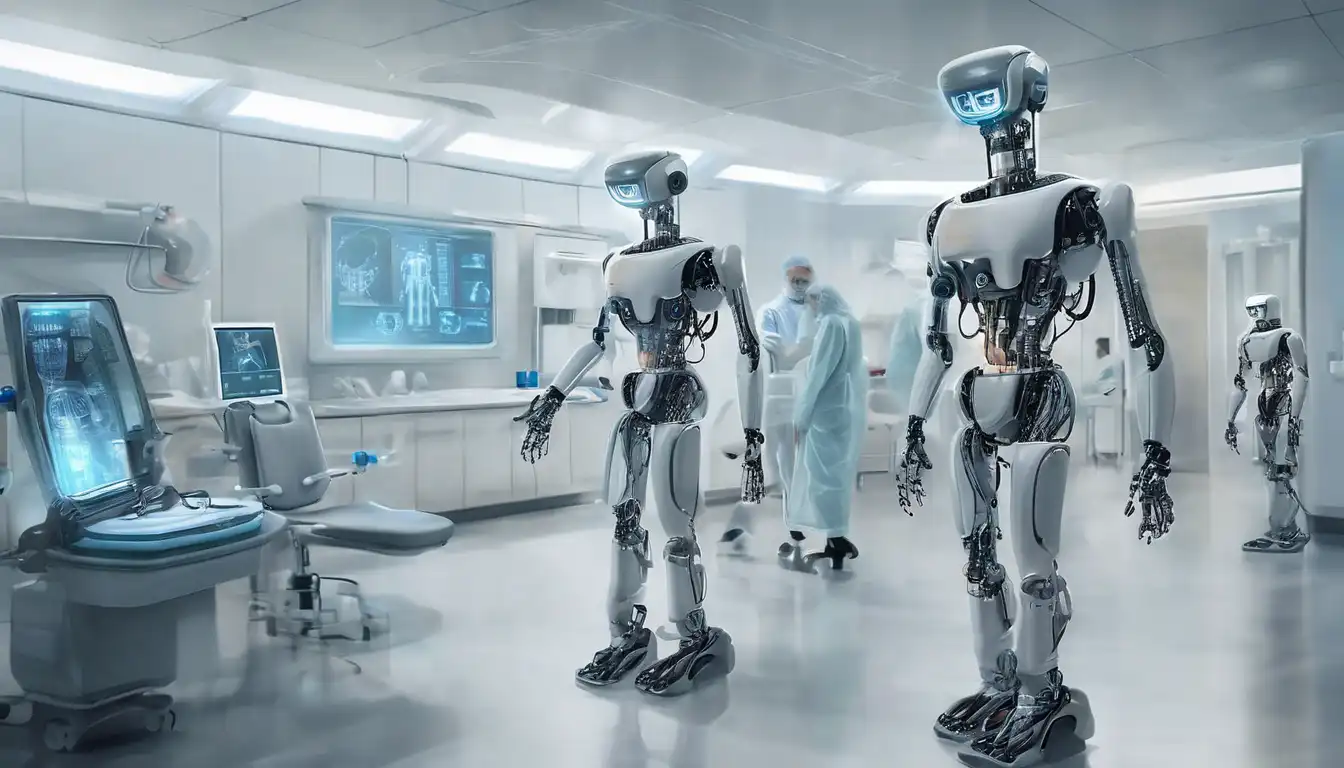The Next Era of Robotics in Healthcare
The integration of robotics into healthcare is transforming the way patient care is delivered. From surgical robots to robotic prosthetics, the future of healthcare is being reshaped by technological advancements. This article explores the potential of robotics in healthcare, highlighting key innovations and their impact on patient outcomes.
Key Innovations in Healthcare Robotics
Several groundbreaking technologies are leading the charge in healthcare robotics. These include:
- Surgical Robots: Enhancing precision in surgeries, reducing recovery times, and minimizing human error.
- Robotic Prosthetics: Offering amputees unprecedented mobility and functionality.
- Automated Pharmacy Systems: Streamlining medication dispensing, reducing errors, and improving efficiency.
- Patient Care Robots: Assisting with patient monitoring and basic care tasks, freeing up healthcare professionals for more critical duties.
The Impact on Patient Care
The adoption of robotics in healthcare is significantly improving patient care. Surgical robots, for example, allow for minimally invasive procedures, leading to quicker recoveries and less postoperative pain. Robotic prosthetics are giving individuals with limb loss a new lease on life, with devices that closely mimic natural movement.
Moreover, automated systems in pharmacies are ensuring that patients receive the correct medications in a timely manner, reducing the risk of human error. Patient care robots are also making strides in elderly care, providing companionship and monitoring for those in need.
Challenges and Considerations
Despite the benefits, the integration of robotics into healthcare is not without challenges. High costs, the need for specialized training, and concerns over job displacement are significant hurdles. Additionally, ethical considerations, such as patient privacy and the delegation of care to machines, must be carefully navigated.
The Future Outlook
The future of robotics in healthcare is bright, with ongoing research and development paving the way for even more innovative solutions. As technology advances, we can expect to see robots taking on more complex tasks, further enhancing patient care and operational efficiency in healthcare settings.
For those interested in the intersection of technology and healthcare, exploring other technological advancements in healthcare can provide additional insights into how the field is evolving.
Conclusion
The future of robotics in healthcare promises to revolutionize patient care, offering more precise, efficient, and personalized treatment options. While challenges remain, the potential benefits for patients and healthcare providers alike are undeniable. As we move forward, the continued integration of robotics into healthcare will undoubtedly play a pivotal role in shaping the future of medicine.
